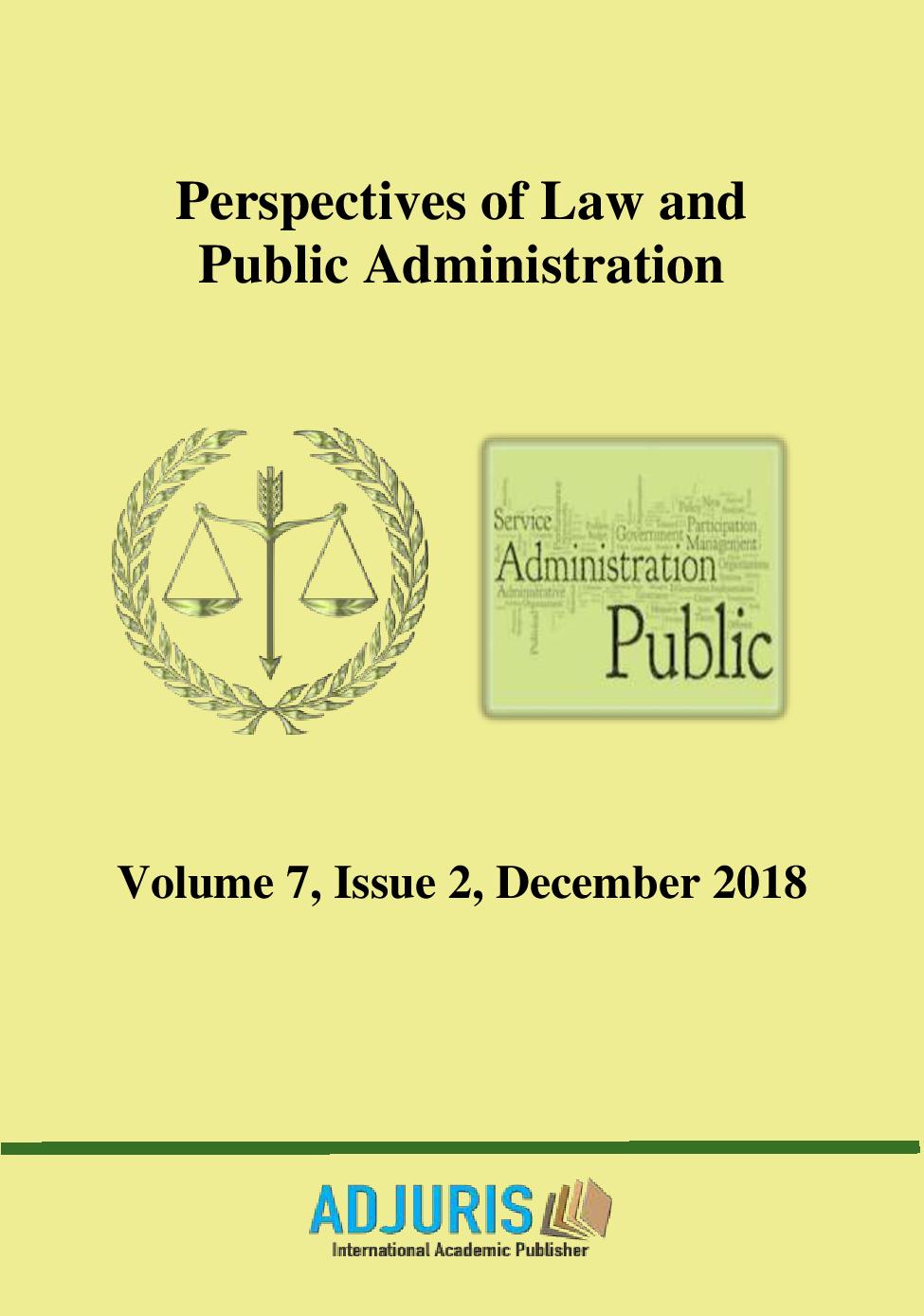RECOGNITION AND EXECUTION OF FOREIGN ARBITRATION JUDGMENTS
RECOGNITION AND EXECUTION OF FOREIGN ARBITRATION JUDGMENTS
Author(s): Laura RudnyanszkySubject(s): International Law
Published by: Societatea de Stiinte Juridice si Administrative
Keywords: foreign arbitration; arbitrary decisions; conventional law; arbitrary procedure in international trade disputes;
Summary/Abstract: International commercial arbitration system is enshrined in both national legislation and international conventions. The power of the arbitrators to resolve the dispute is conferred by the parties, who agree that their litigation be brought to the attention of private individuals. To that end, the parties to the dispute designate the arbitrators and undertake to accept the decision they will make. Such a procedure has three distinctive characters: arbitrary, commercial and international. The importance and effectiveness of arbitration in international relations have been recognized by the Final Act of the Conference on Security and Cooperation in Europe of 1 August 1975. In order to contribute to the development and promotion of trade and cooperation, the participating States at the Helsinki Conference recommend to bodies, firms in their countries include, where appropriate, arbitration clauses in commercial contracts and industrial cooperation agreements or special convention. In the same spirit, the United Nations General Assembly recommends, in its preamble to Resolution no. 31/98 of 15 December 1976, which adopted the Arbitration Regulation drawn up by the United Nations Commission on International Trade Law, its dissemination and its widest possible application in the world, thus recognizing the usefulness of arbitration as a method of settling disputes arising from international trade relations. In conclusion, in international trade relations, most of the litigation between participants is settled by arbitration as a form of private jurisdiction. Arbitration is an appropriate means to quickly and fairly regulate disputes that may result from commercial transactions in the field of goods and services exchanges.
Journal: Perspectives of Law and Public Administration
- Issue Year: 7/2018
- Issue No: 2
- Page Range: 205-213
- Page Count: 9
- Language: English

